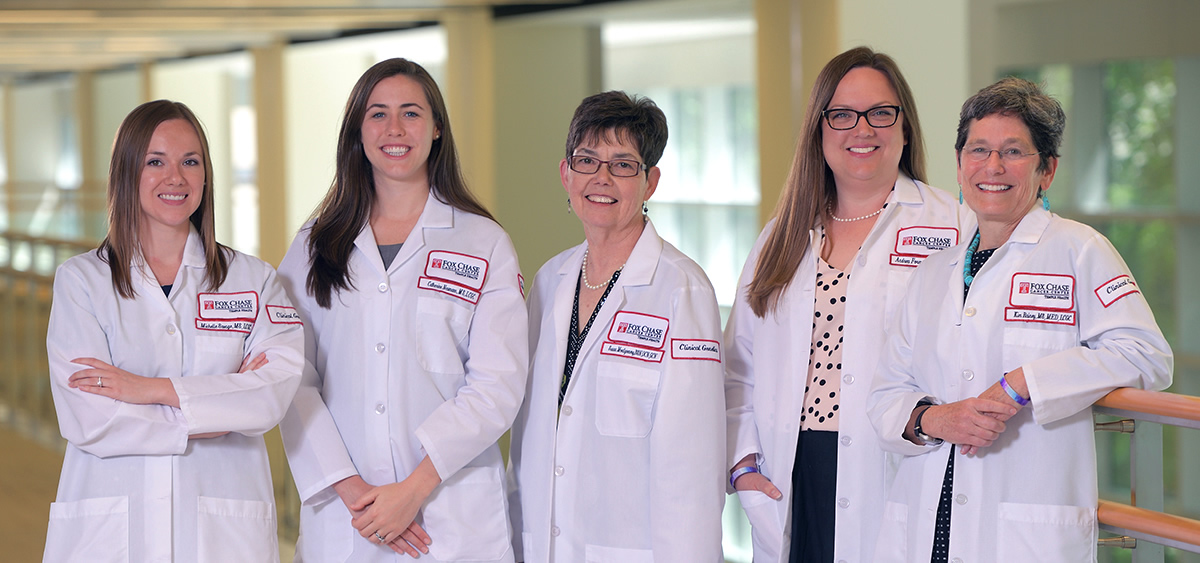
Why it is Important to See a Genetic Counselor
-
A lot of people think that cancer “runs in the family,” but the truth is that fewer than 10 percent of cancers are the direct result of a genetic defect.
Still, patients are often referred for genetic counseling, because the results can help them make treatment decisions for themselves and also help family members to better understand their own risks.
A genetic counselor’s job is to help guide patients as they make difficult choices surrounding genetic testing — a DNA test done on a small sample of blood or saliva.
For Jane, diagnosed with breast cancer, genetic counseling helped her decide on a lumpectomy rather than a bilateral mastectomy. Phyllis, who had run out of treatment options for her ovarian cancer, tested positive for the BRCA1 gene, which made her eligible for a new round of chemotherapy. Melissa, 28, whose mother had colon cancer at 45, tested negative for colon cancer risk genes, but was told to start colonoscopies at 35 rather than 50.
By going over which tests are right for each person and taking the time to review and talk over the possible results, a genetic counselor helps patients to understand information, answers any questions, and spends time listening to a patient’s hopes and worries related to genetic testing.
What should you expect when working with a genetic counselor?
- A meeting prior to genetic testing to review your medical and family history and decide whether you meet testing criteria for a specific hereditary cancer syndrome.
- An explanation of the pros and cons of the different testing options and what each test result could mean for you and your family.
- A review of possible cancer risks and medical management changes that could be in store once the results are in, as well as the importance of these results for other family members.
- A chance to ask questions and decide if you feel comfortable about your decision to have or not have genetic testing.
- Coordination of a blood or saliva sample to be sent to a genetic testing laboratory.
- Help with any health insurance challenges that can go along with testing.
- A wait of 2 to 6 weeks before test results are reported to the genetic counselor, who will then make sure he or she has the most up-to-date and relevant risk and medical information for you.
- A follow-up visit in person to go over the final results and to give you more information, based on those results, for screening and prevention options for you or your family members.
- A written summary of your results and visits for you to share with your doctors and family members.
Genetic testing can raise a number of questions for many people - both before and after testing. Genetic counselors are able to provide answers that are tailored to your specific scenario. Every person is unique and that is true of their genetic results, risk factors, family history, etc. It's important to consider everything when looking at genetic testing results and having a genetic counselor walk you through this process is important.
Please call the Risk Assessment Program at 877-627-9684 if you have any questions about genetic testing.
